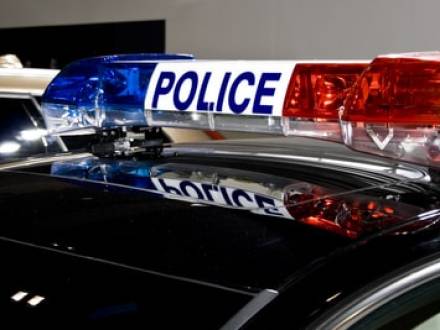“Excellent job. My case was dismissed, due to very professional services of Doug Murphy Law Firm.”-A.B.
Search and Seizures: What to Know in DWI Cases - Part 3
 People are initially pulled over on suspicion of DWI only to be arrested on multiple charges after drugs, illegal weapons, or evidence of other crimes are found in the vehicle. When a person is arrested, the police are normally able to search his or her immediate surroundings. However, in some cases, the police can search your car first and arrest you second. If you have been accused of a DWI, drug possession, or another offense, you need an experienced Houston, TX criminal defense attorney to help you.
People are initially pulled over on suspicion of DWI only to be arrested on multiple charges after drugs, illegal weapons, or evidence of other crimes are found in the vehicle. When a person is arrested, the police are normally able to search his or her immediate surroundings. However, in some cases, the police can search your car first and arrest you second. If you have been accused of a DWI, drug possession, or another offense, you need an experienced Houston, TX criminal defense attorney to help you.
Vehicle Searches During DWI Stops
Can police search your car when you have been stopped on suspicion of DWI? It depends on what happens during the stop. Generally speaking, police cannot search a vehicle after a normal traffic stop. For example, police cannot order you out of the vehicle and tear through your things if you were stopped for running a stop sign. The same is true when you are stopped on suspicion of DWI.
Police can only search your vehicle after a traffic stop if:
- You consent to the search.
- You have been placed under arrest.
- Police believe that a search is necessary to thwart danger or a threat.
- There is probable cause to support a warrantless search.
Search Subject to Consent
Police can search your vehicle if you provide consent. However, this consent must be the result of your own decision and willingness to comply with the officer's request. If an officer obtains consent through coercion or force, a search will not be valid.
Probable Cause Subject to Lawful Arrest
Your DWI arrest will automatically provide police with the ability to search your vehicle. Any evidence that police happen to find during this search - whether or not it is related to your DWI - can be used to support criminal charges.
Probable Cause to Conduct a Warrantless Search
The Fourth Amendment protects you from warrantless searches and seizures. However, there are certain exceptions to this general rule. Police can have the authority to perform a search if there is probable cause to believe that you have broken or will break the law. This is a much higher standard than the reasonable suspicion that is required to make the traffic stop.
Probable cause that could support a warrantless search of your vehicle could include:
- The smell of alcohol or drugs coming from the vehicle.
- Bottles or cans clearly visible in the passenger compartment.
- Drug paraphernalia on or around the passengers.
Police do not have to rely on one particular piece of evidence to show that they had probable cause to search your vehicle. If there are multiple indicators that, when considered together, create probable cause, a search can be justified.
Contact a Houston, TX Criminal Defense Attorney
Murphy & McKinney Law Firm, P.C. is highly experienced in defending people facing multiple charges after a DWI or traffic stop. Highly-awarded Harris County, TX criminal defense lawyer Doug Murphy will review the circumstances of any searches that took place to see if there may be constitutional grounds for having evidence discarded. Contact us at 713-229-8333 for an initial consultation.




 Office Location
Office Location
